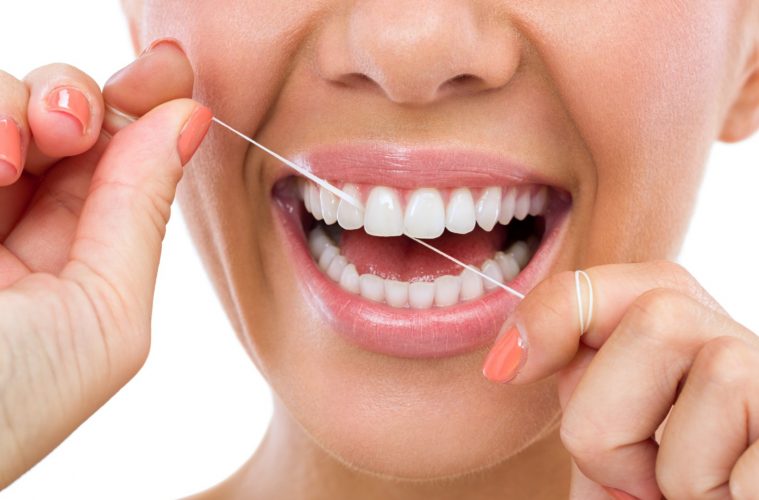Unfortunately, bleeding gums are a common health issue, but they are serious problems. If your gums are bleeding, it means too much bacteria has accumulated inside your mouth, which in return is causing inflammation and swelling of the gums. Bacteria results in plaque formation, and when it is not cleaned for a long time, it turns hard and forms tartar.
“A little blood does not hurt anybody” is what you may think when you see a bit of red on your toothbrush or flossing thread. However, bleeding gums can sometimes indicate serious underlying medical conditions. Fortunately, you can correct the situation by taking a few steps. It is recommended to see a Burlington, Ontario family dentist if the bleeding remains persistent.
How to stop bleeding gums
Maintain good oral hygiene.
The key to having healthy teeth and gums is maintaining good oral hygiene. When you see even a bit of blood in your toothbrush, floss, or when you bite an apple, it means you need to improve your oral hygiene game. Your gums need more care because they have been affected by plaque and tartar caused by the accumulation of bacteria in your mouth. Good oral hygiene is even more important for pregnant women.
Rinse your mouth with hydrogen peroxide.
Most people know of hydrogen peroxide as something that is used as a disinfectant for hands. However, you can also remove plaque and promote gum health with it. When your gums bleed, rinse your mouth with a hydrogen peroxide solution after brushing your mouth and then spit it. Hydrogen peroxide helps with swelling, bleeding, and receding of gums.
Use the right toothbrush.
If you are suffering from gum sensitivity, opting for toothbrushes with soft bristles can help. It does not matter whether you use a manual or an electric one, as the ADA suggests that both are equally effective when you know the right way to brush. You can find extra soft toothbrushes in the market, and brushing for 2 minutes twice daily can help you maintain your teeth. It is also recommended to change your toothbrush every 3-4 months.
Quit smoking.
Most people know smoking to be harmful only to the lungs. However, tobacco is not so great for your oral health either. Smoking weakens your body’s immune system and makes it difficult to fight bacteria, leading to plaque formation. Quitting or reducing smoking can promote oral health and the recession of gums.
These are some of the ways you can adopt to stop bleeding gums. If the bleeding continues, visit a dentist today.

